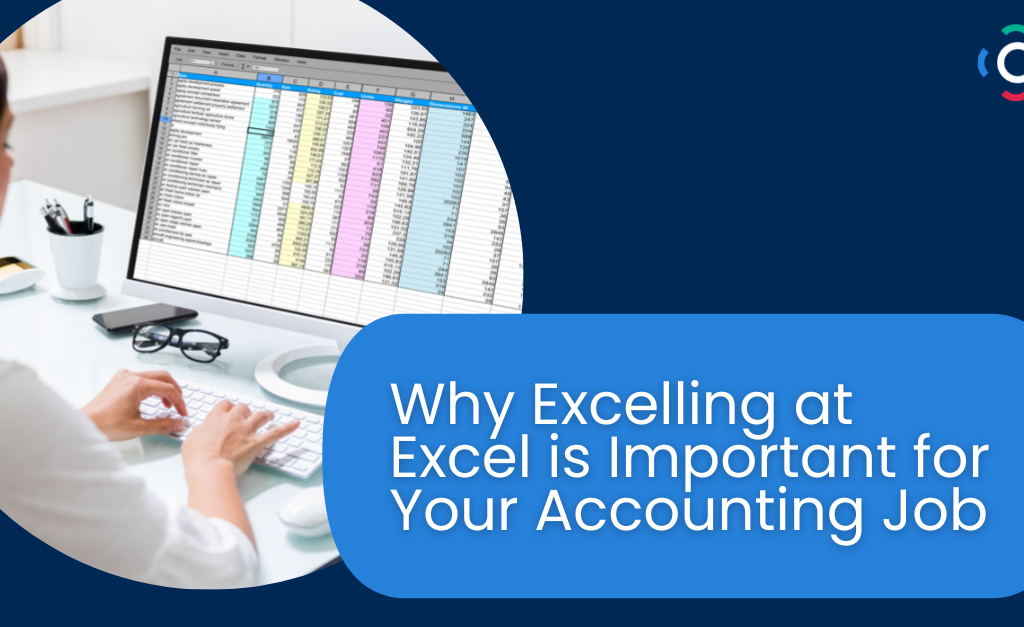[thumbnail]
For new graduates, landing that first job can be a challenge, especially in these uncertain times. Here are some tips for rookie accountants looking for their first opportunity.
There’s been a lot of bad press about the job market in recent years. The situation is improving, of course, but many people have nonetheless found themselves out of work, in these difficult times, and have struggled to find the right rebound job.
A fair bit of the focus has been on young people, and new graduates in particular. The rates of unemployment and underemployment are above average among those wielding freshly minted university diplomas (or, in some cases, several freshly minted diplomas). While the financial sector remains relatively secure, graduates hoping to attain accounting and finance positions will likely have a tougher time finding work than their predecessors.
Entering the workforce for the first time is always going to be daunting, regardless of the economic climate. Quite understandably, many new jobseekers feel overwhelmed by the multitude of options available to them in the accounting industry. Still, it’s very important, when you’re going for that first accounting job, to proceed in a manner that’s both strategic and intentional. In a job market as tight as this one, you may be tempted to cast as wide a net as possible and apply to any position that’s available, even if they don’t necessarily serve your long-term interests. But beggars ought to be choosers: rather than leaping at the first opportunity that presents itself, it pays to take a more considered and deliberate approach in your job search.
Decide: accounting or analysis?
Recent graduates looking to pursue an accounting career commonly struggle over the question of what kind of accounting work they’d like to do – whether they’d prefer straight-up accounting, or work that focuses more on analysis. Before you respond indiscriminately to every job listing that includes the word “accounting,” consider which of these areas suits you best.
Think hard about where your interests lie. If crunching numbers, navigating the minutiae of tax regulations, and reporting accurate financial information to different stakeholders gets your goat, consider focusing your job search on financial accounting jobs.
If, on the other hand, strict accounting feels too pedantic, and investment or security management and financial analysis strike you as sexier alternatives, you may be better off in an analyst role. Concentrate your efforts on openings for financial or business analysts.
Applying for jobs can be extremely labour-intensive and time-consuming. As such, a dwindling sense of interest or motivation on your part may creep into your cover letters, especially if you’re not really passionate about the positions you’re applying to. By honing in on the fields that truly appeal to you and reaching out to positions that truly excite you, you’ll make far more effective use of your time and increase your chances of getting an interview.
…it’s very important, when you’re going for that first accounting job, to proceed in a manner that’s both strategic and intentional.
Plan three moves in advance
As in chess, building a satisfying career in accounting requires plotting your actions several moves in advance. Whether you’re still looking for that first opportunity to get your foot in the door, or you’re trying to decide between job offers, you should always be thinking about how the position will help you procure an even more desirable job down the road.
Unless you’re an absolute prodigy and firms are practically knocking down your door to hire you, the first gig that you land in your budding career probably won’t be your dream job. But it can bring you closer to that dream job if you’re smart about it. Regard each job you take as an important stepping-stone – one that will equip you with invaluable skills, experiences and connections – to the superior position you want to have one day.
As a new graduate, the entry-level job you’re seeking should provide the qualifications, skill-set, and opportunities that will eventually pave the way for that golden ticket two, or three, or even four, jobs from now.
Weigh your desired level of risk vs. stability
Landing an ideal first accounting job hinges on what type of organization you will feel most comfortable working at. Specifically, you should weigh the pros and cons of working for a small versus a large company and decide which is the best fit for your personality.
Starting out at a smaller organization has its perks. For one thing, you will probably be given more responsibilities and exercise more authority. You’ll get to do more, albeit in a smaller pool, which will expose you to a wider host of duties and skills.
Furthermore, in a smaller company, where tasks are typically less compartmentalized and every individual staff member has to take on more of everything, you’ll probably learn a great deal about the business side of things, over and above traditional accounting.
There is a downside to working at a smaller company, however. Since smaller organizations have less control and fewer resources, your job may be less stable or secure. Similarly, you’ll likely be compensated more modestly than at a bigger firm. Smaller companies also typically offer less formalized training for new employees. So while you may be privy to how entrepreneurial managers grow vision-led or start-up organizations, official training opportunities may be harder to come by.
Regard each job you take as an important stepping-stone – one that will equip you with invaluable skills, experiences and connections – to the superior position you want to have one day.
But if you thrive under pressure and can appreciate the value – not to mention excitement – of risk and instability, you should target small and start-up accounting firms in your job search. If, however, you’re more risk-averse, crave structure and specialization, or desire formal training, consider applying to larger, well-established companies instead.
Chase the learning, not the cash
The prospect of a fat paycheque can be a serious draw for the typically cash-strapped and debt-ridden new grad. That said, you should be careful not to overemphasize the issue of salary when choosing which jobs to apply to or accept. To be sure, compensation is important; but when you’re in your twenties, you should be primarily focused on building skills that you can leverage when you start asking for raises, in your thirties and beyond.
As a new graduate, you should aim to develop your technical and interpersonal skills, and to get as much experience and know-how under your belt. Go for jobs that allow you to grow as much as possible, as well as companies that are willing to support you in your acquisition of key skills.
Whether the economy is in the dumps or on the rise, landing your first job out of school won’t be a simple process. But by making smart, strategic decisions and identifying what you really want, both out of a position and a company, you should be able to find gainful employment that fosters both your personal and career growth.
Let us know what you think! At Clarity Recruitment, we’re always interested in hearing from accounting and finance professionals like yourselves, who are ready for new, exciting opportunities that can take their careers to the next level. And be sure to follow us on Twitter (@clarityrecruits) and connect with us on Facebook for more great tips and advice!


